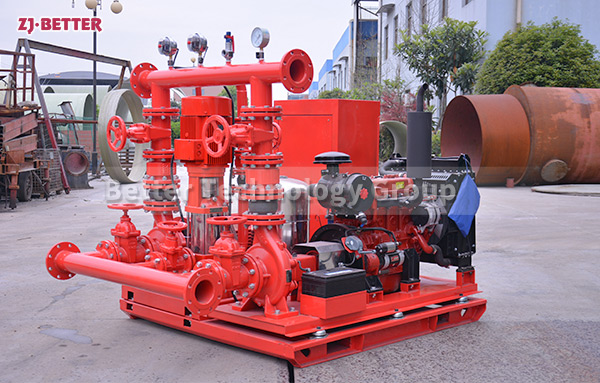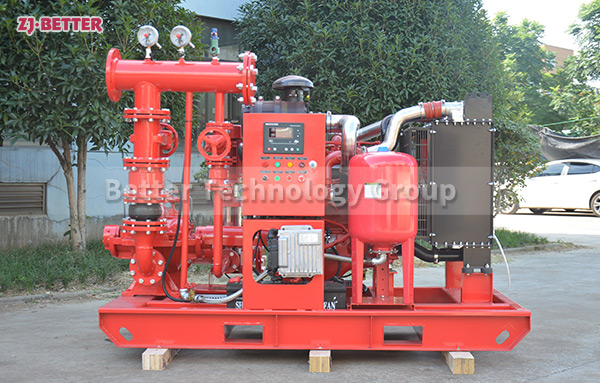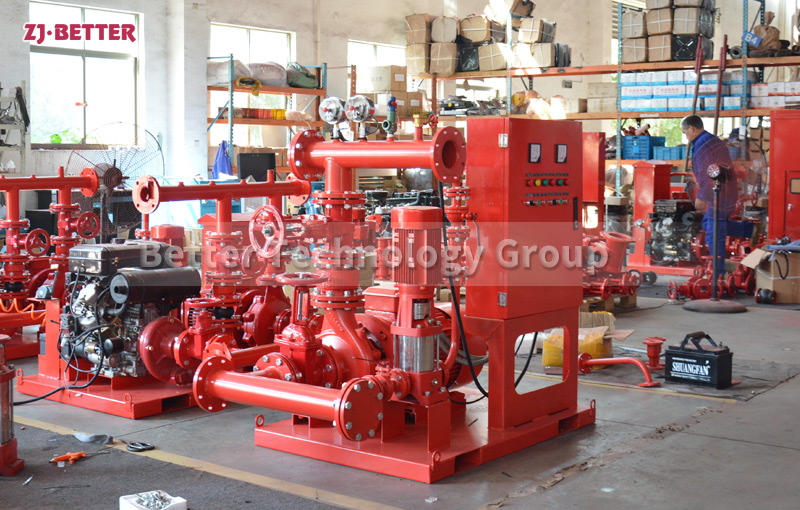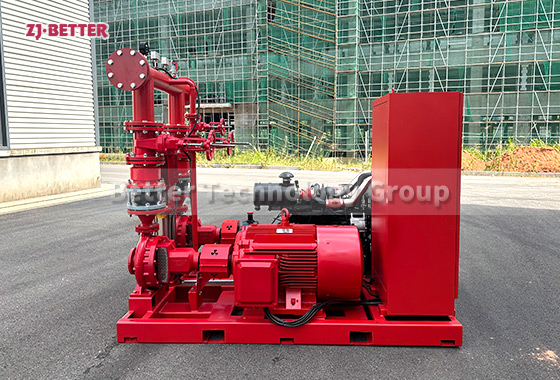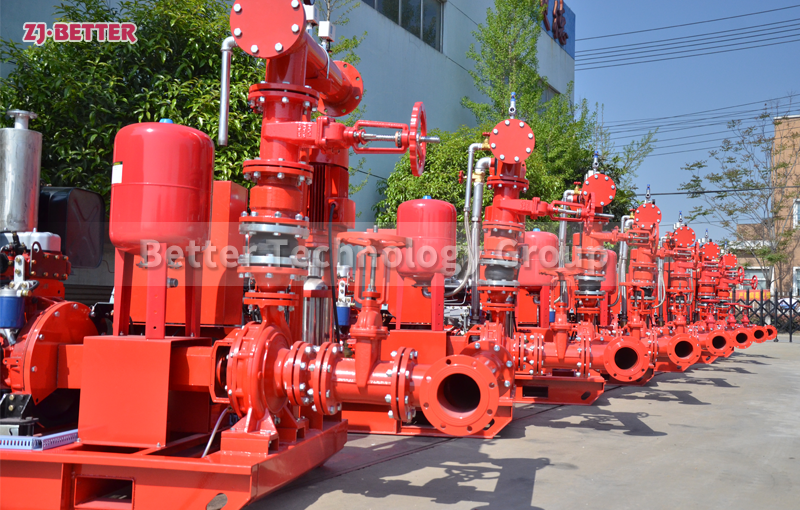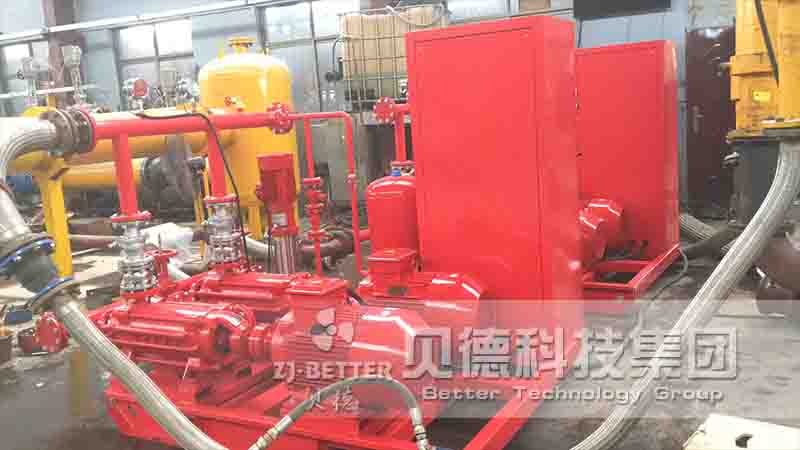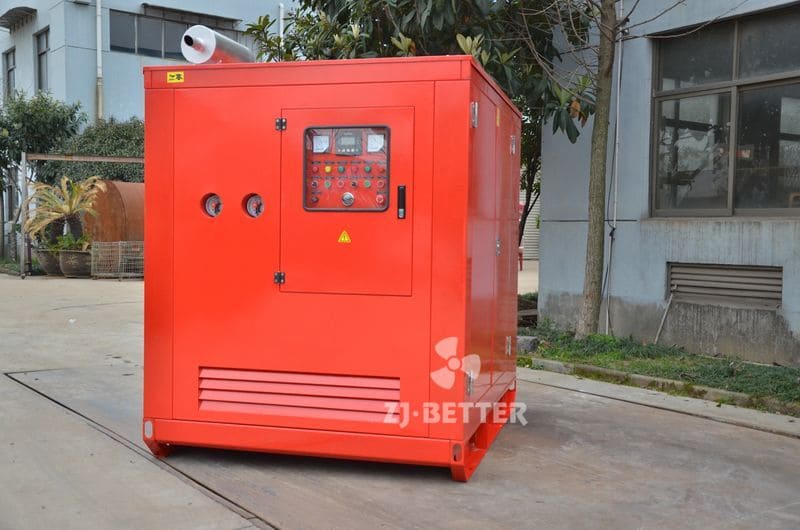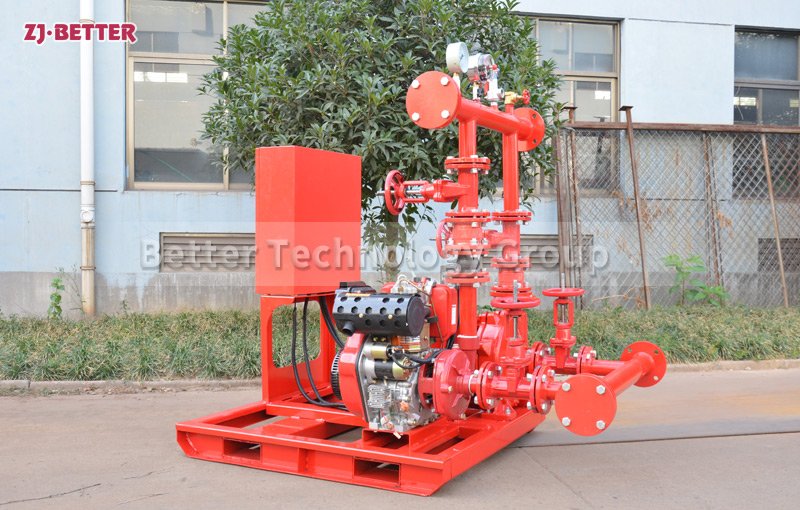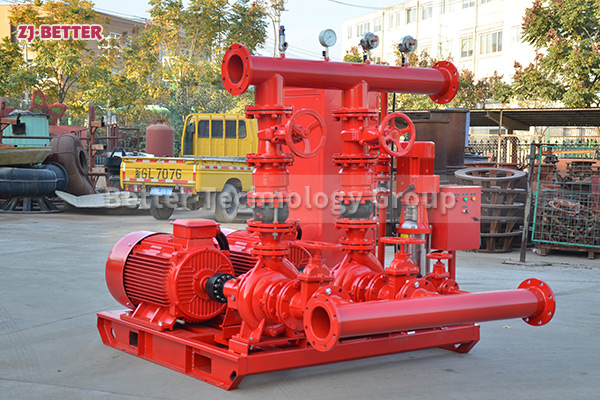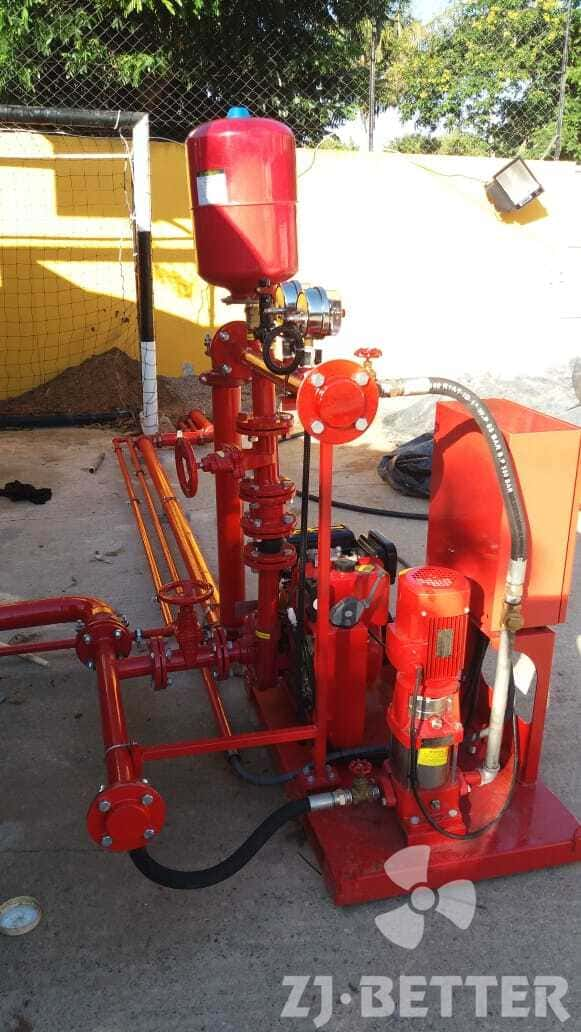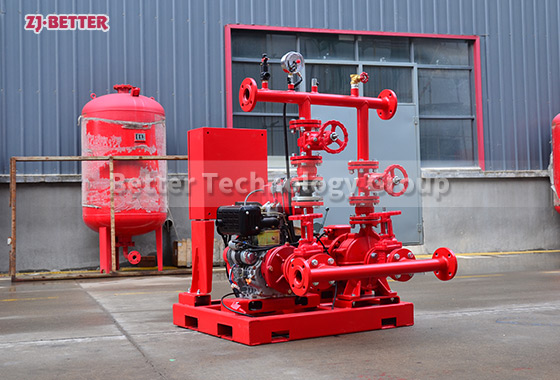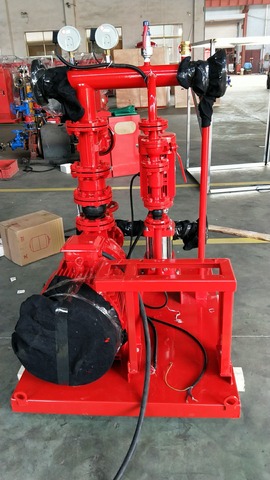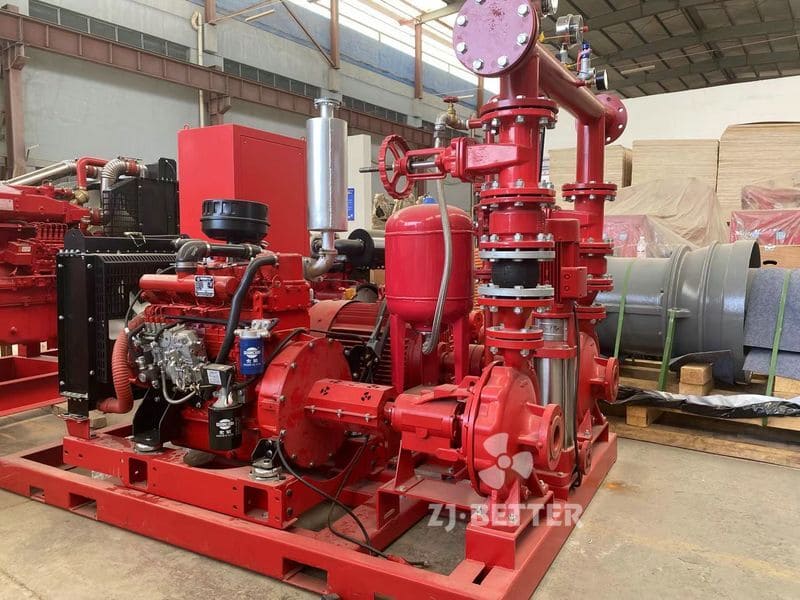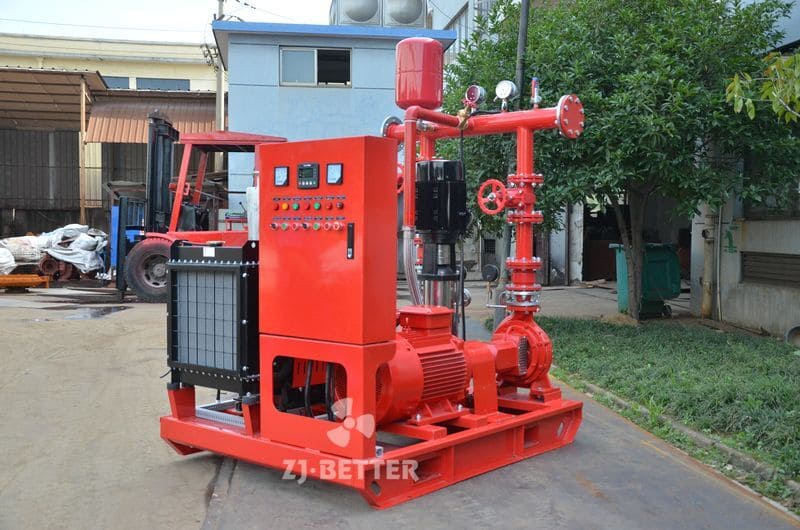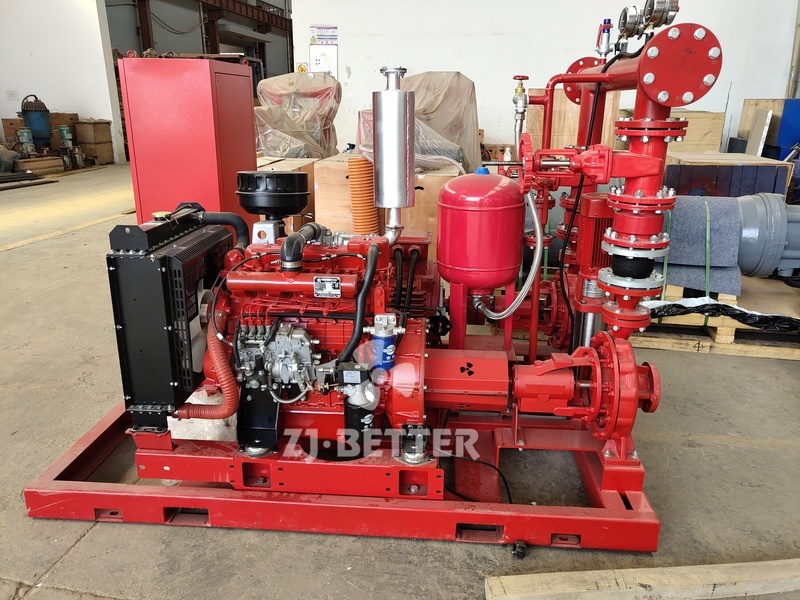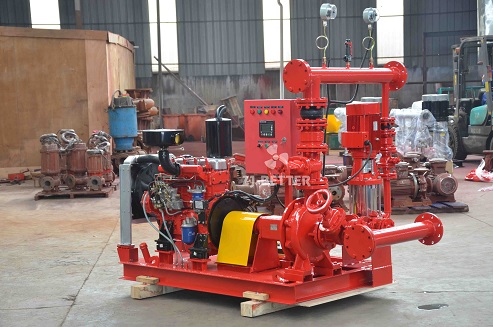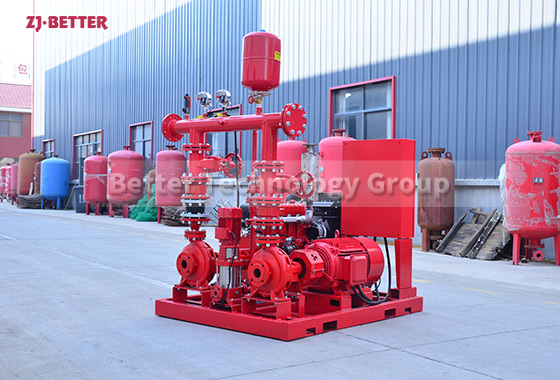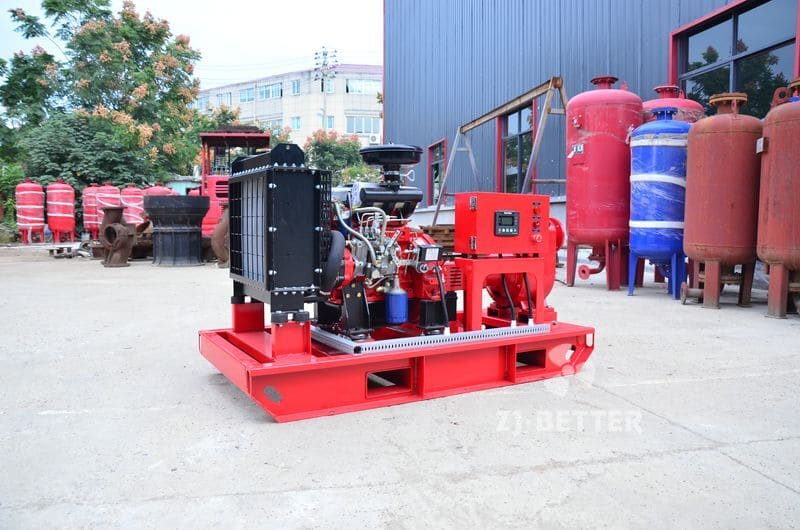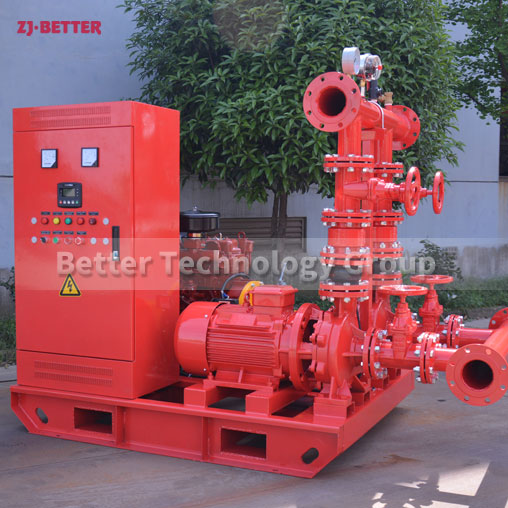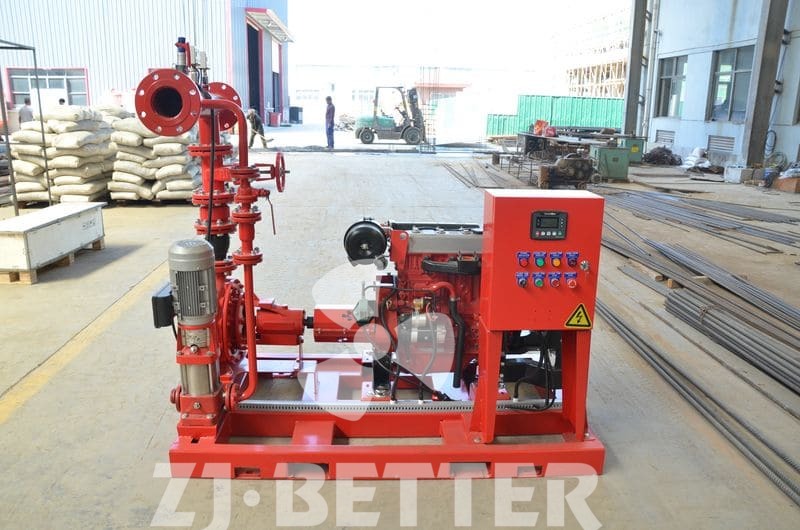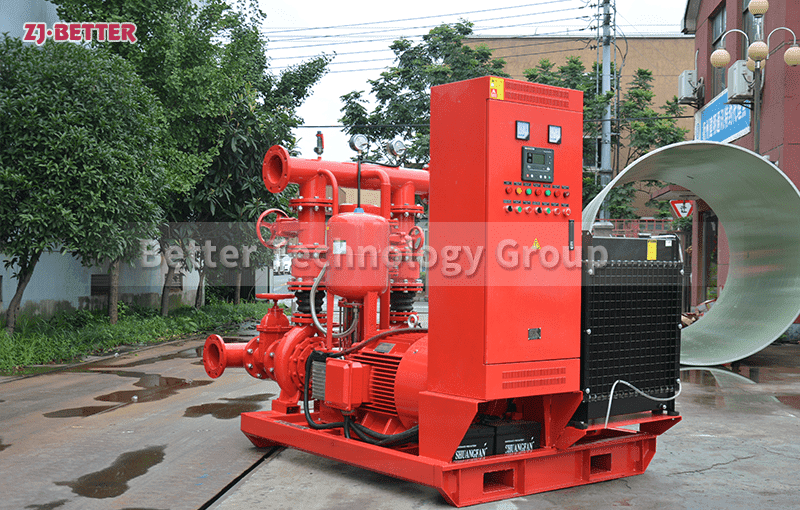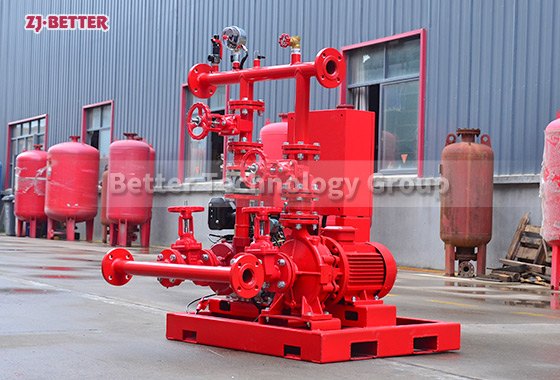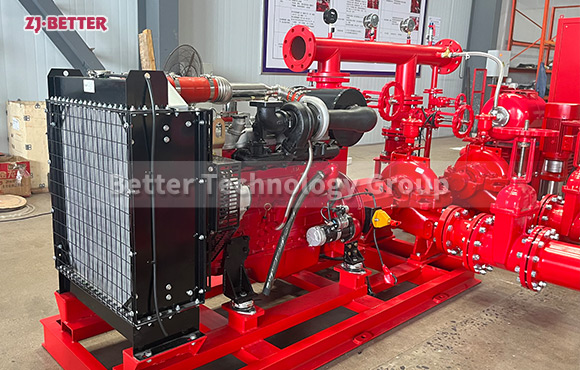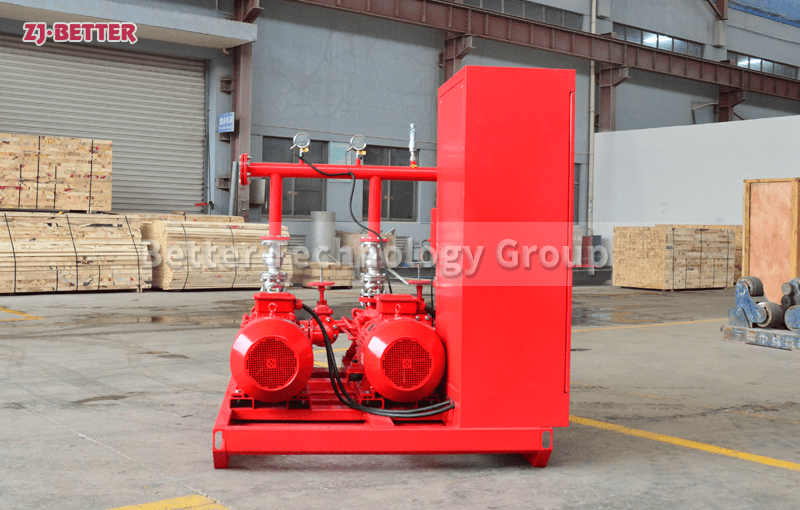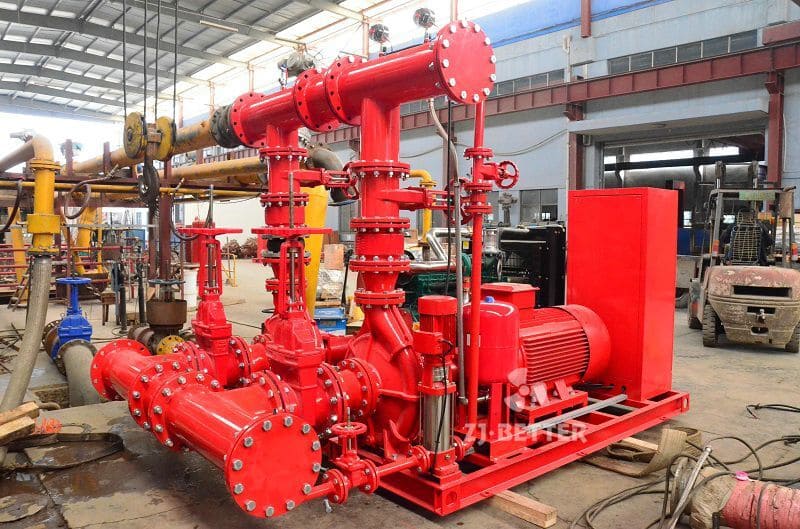Working principle and application of diesel engine fire pump
Diesel engine fire pumps are often used for emergency water supply in high-rise buildings, water companies, steel plants, wineries, chemical plants, hotels, hospitals, and other large-scale projects. Diesel engine fire pump is suitable for unattended emergency water supply system. The product has the characteristics of advanced technology, high degree of automation, superior performance, complete protection functions, reasonable structure, simple installation, and high cost performance. net pressure. Diesel engine fire pumps are selected according to different working conditions: single-stage single-suction centrifugal pumps, high-pressure multi-stage pumps, double-suction split pumps, etc.
Diesel engine fire pump is a special diesel engine equipment, mainly used for water supply and fire fighting in the field of fire fighting. The structure, working principle and application of the diesel engine fire pump will be introduced below.
1. The structure of diesel engine fire pump
Diesel engine fire pump is composed of diesel engine, pump body, inlet and outlet flanges, control system and fuel system. Among them, the diesel engine is the power source of the fire pump, the pump body is responsible for the suction and discharge of water, the inlet and outlet flanges are connected to the pipeline, the control system controls the operation of the fire pump, and the fuel system provides fuel for the diesel engine.
2. Working principle of diesel engine fire pump
When the diesel engine fire pump is working, the diesel engine provides fuel through the fuel system, drives the pump body to rotate, sucks water from the inlet, compresses and discharges the pump body, and sends the water to the fire pipeline. The control system can control the start and stop of the diesel engine, adjust the speed of the pump body and the flow of water to meet different fire protection needs.
3. Application of Diesel Engine Fire Pump
Diesel engine fire pumps are widely used in water supply and firefighting work in the field of firefighting, such as building firefighting, fire fighting, rural firefighting, etc. The diesel engine fire pump has the advantages of quick start, stable operation, large water flow, long service life, etc., and can meet the fire protection needs of different occasions.

